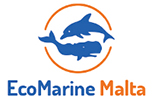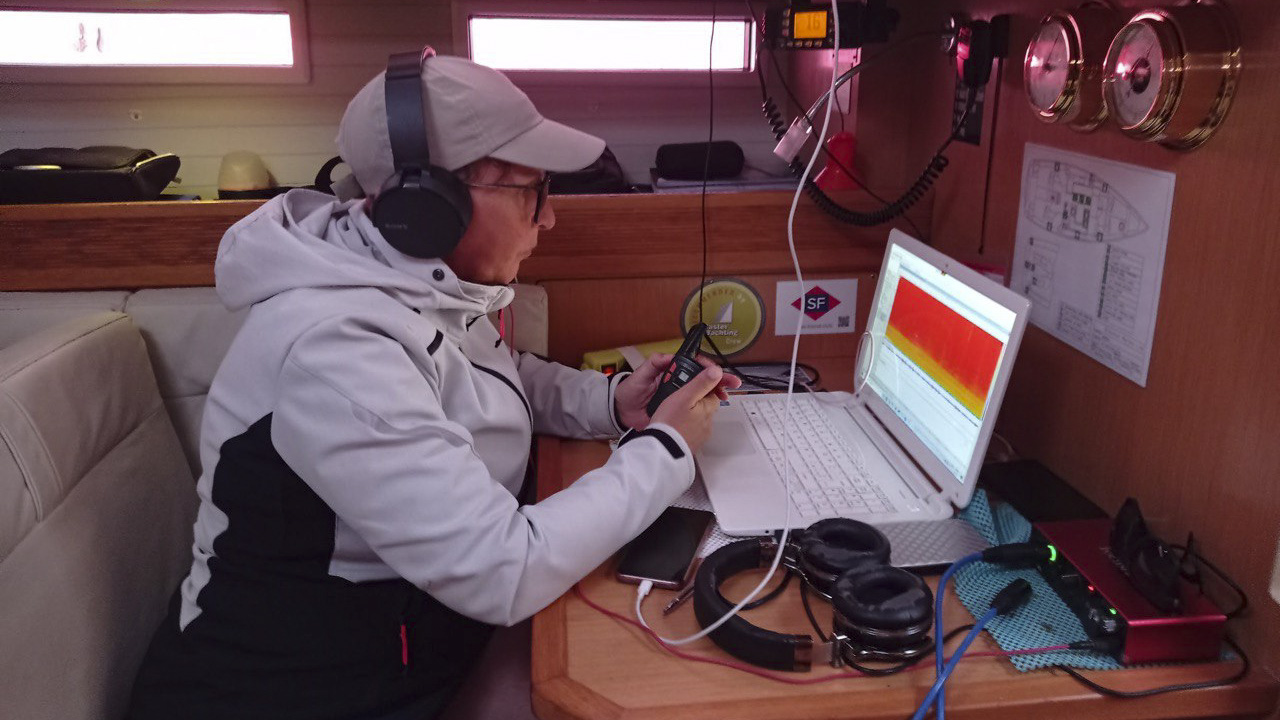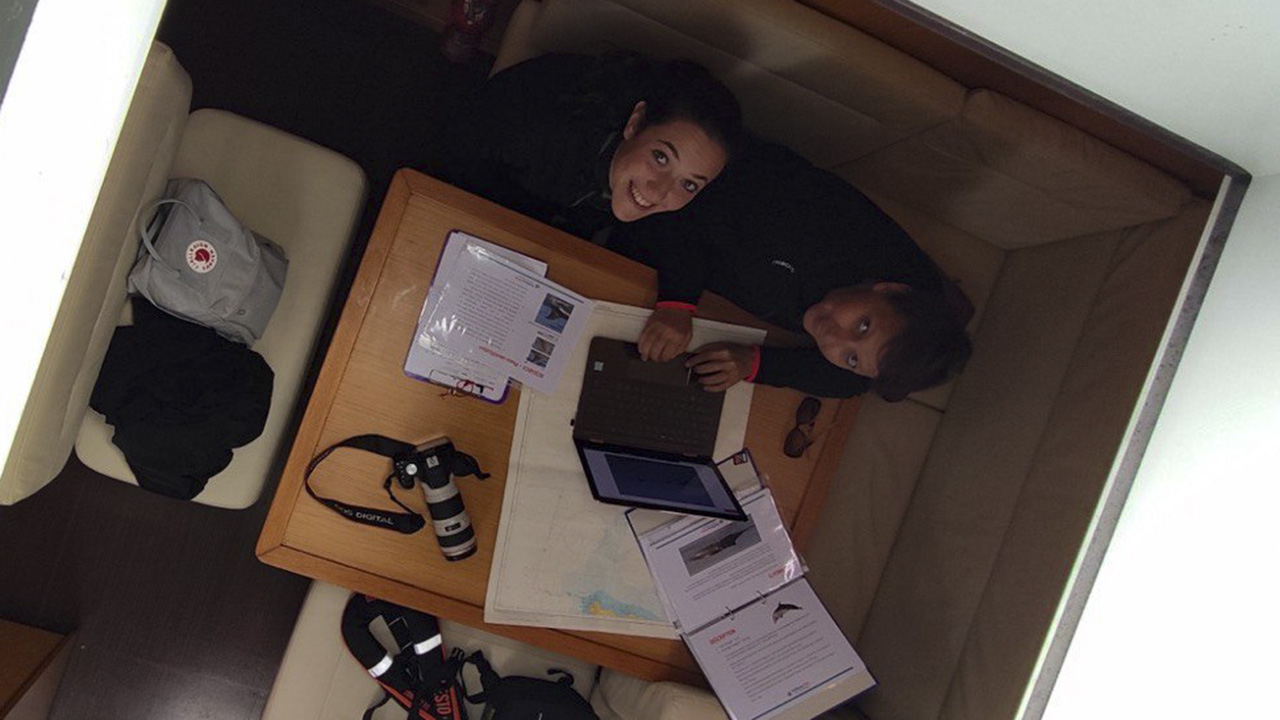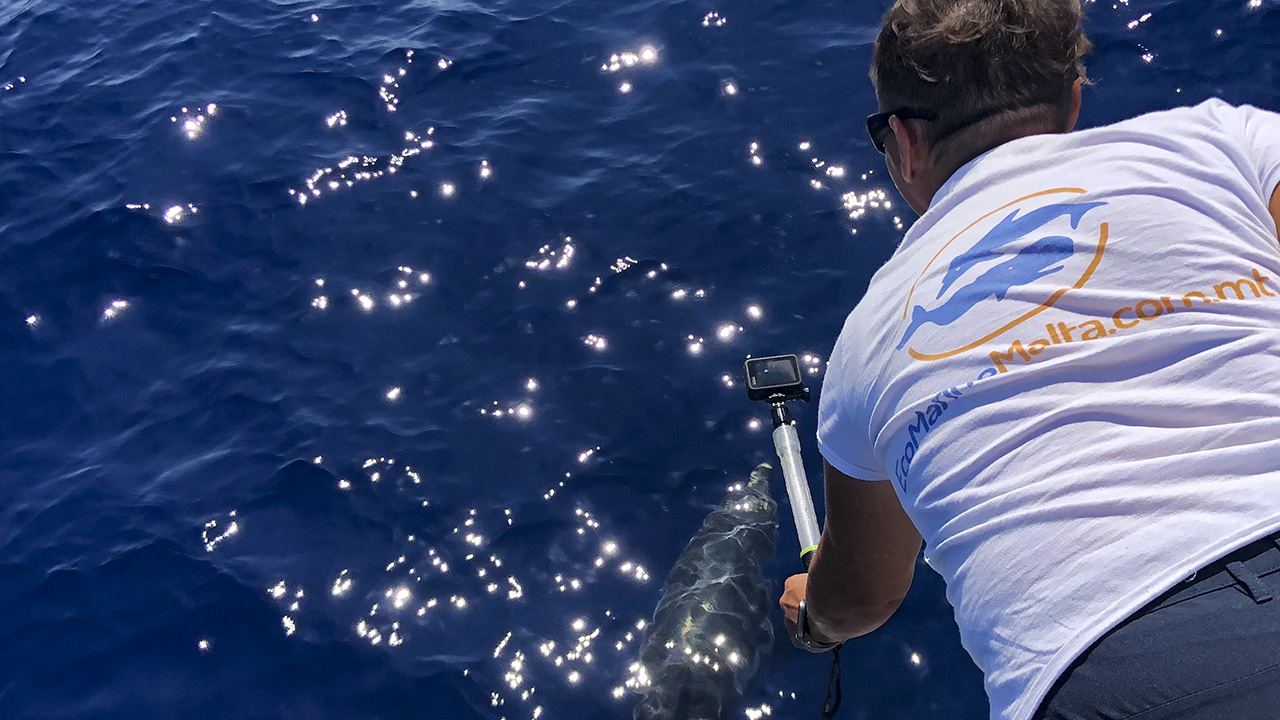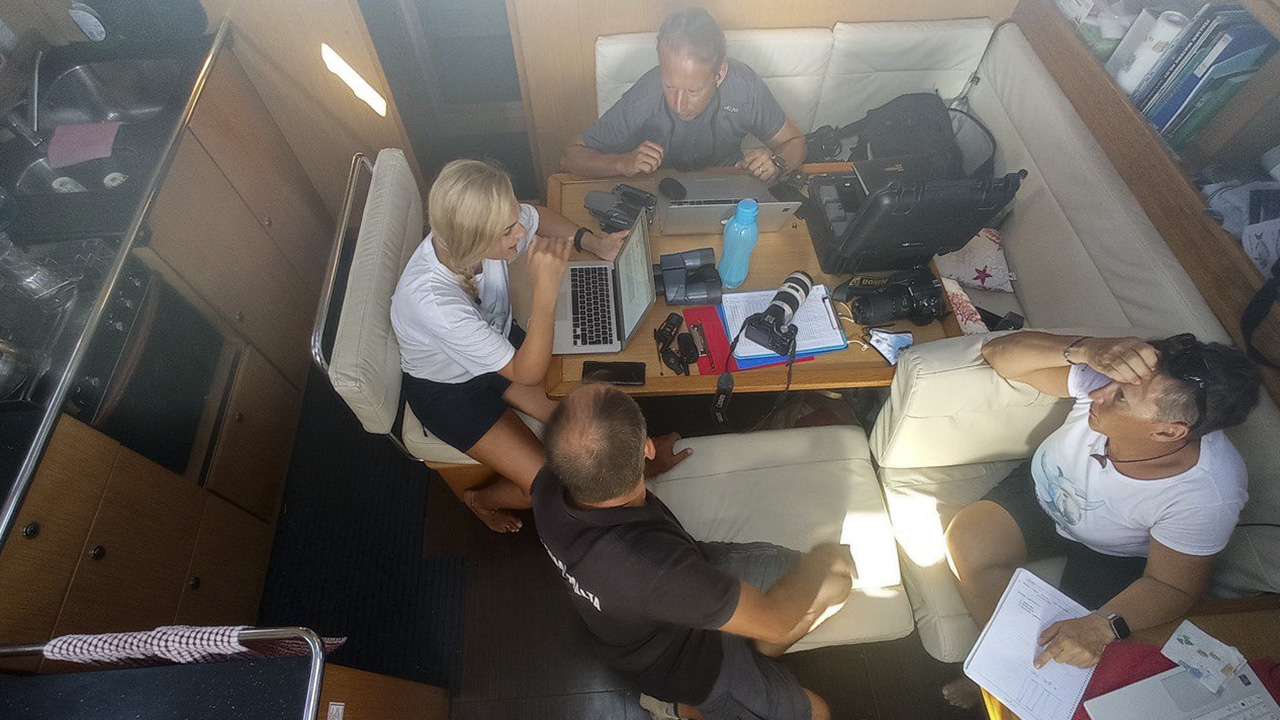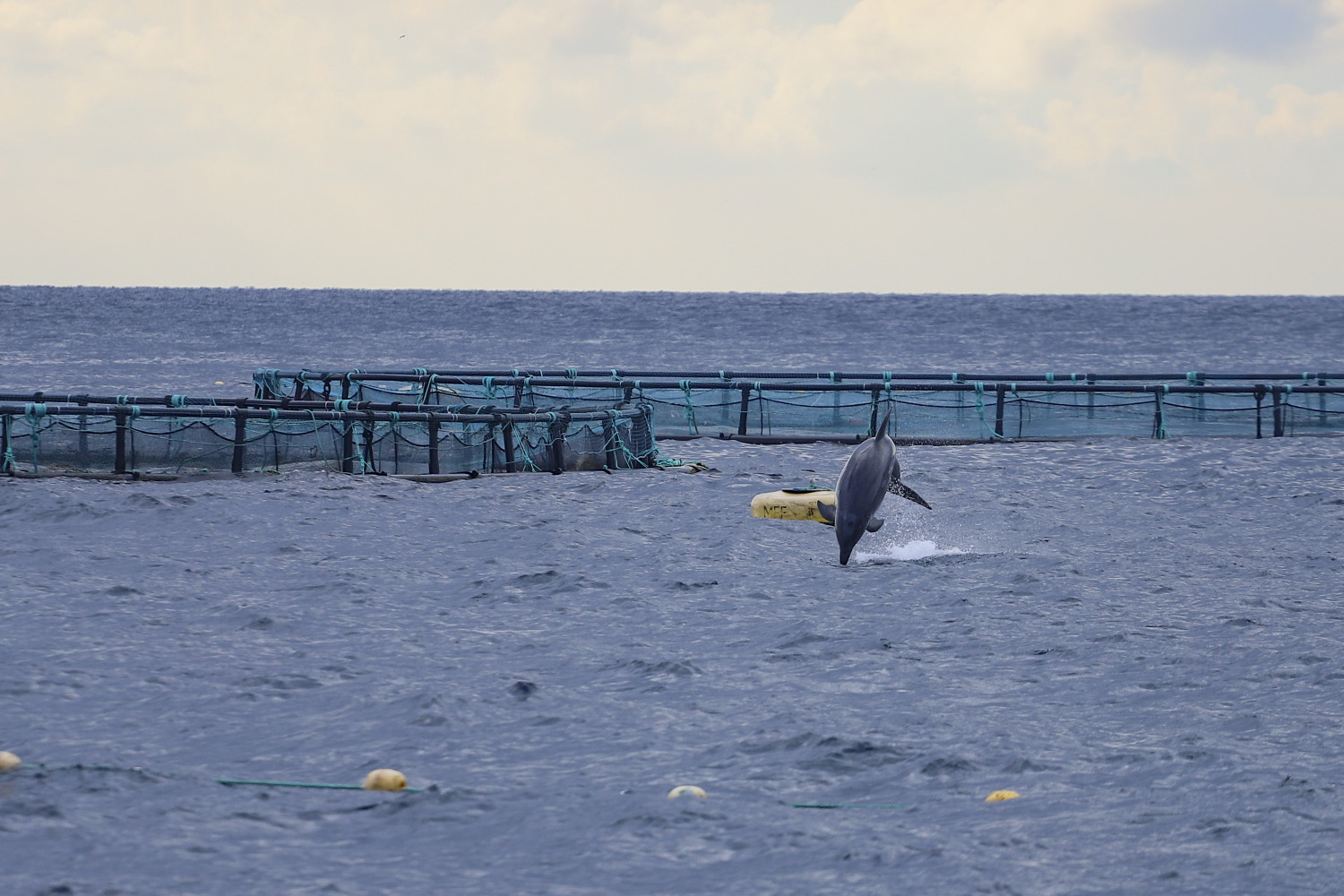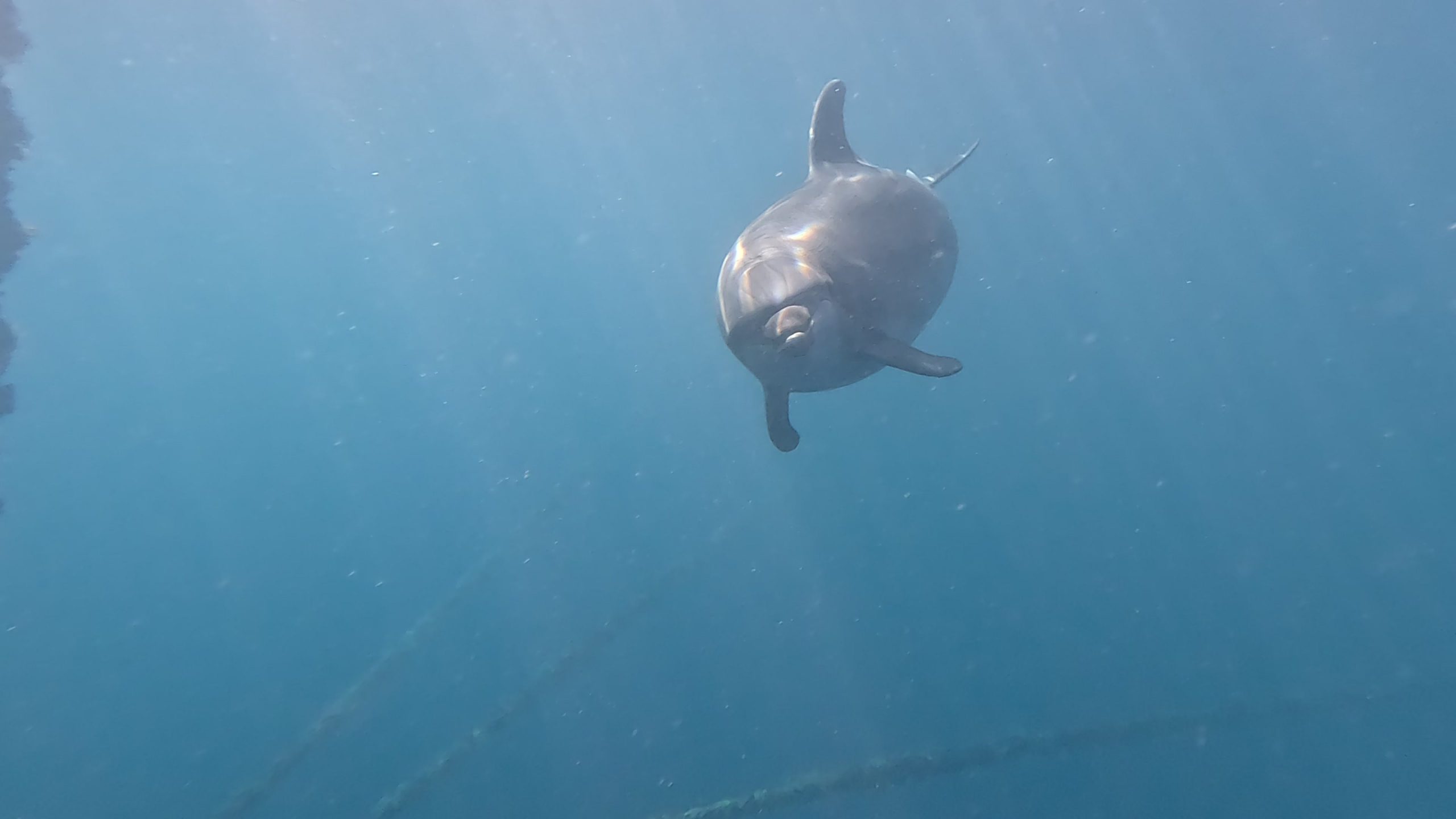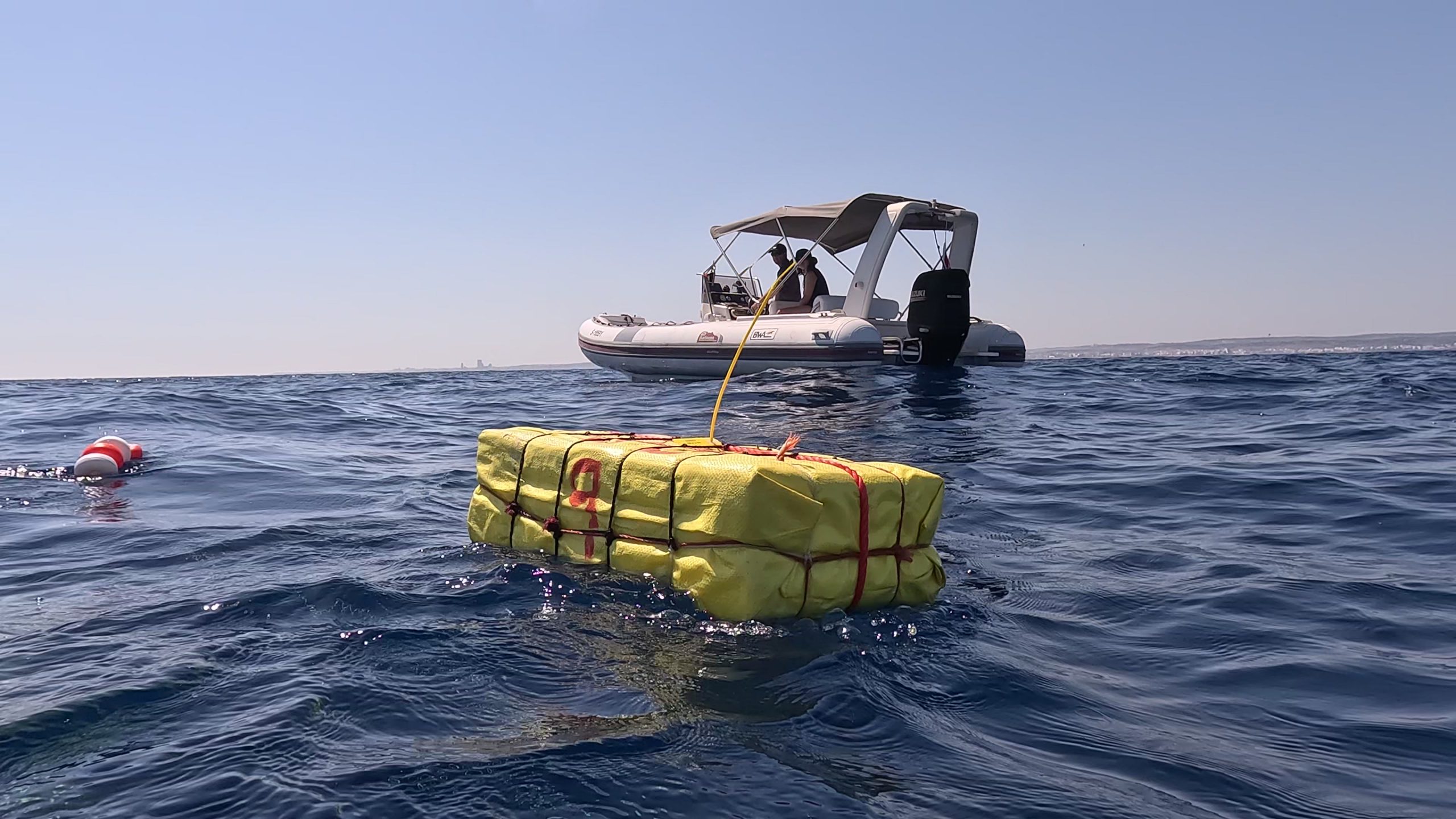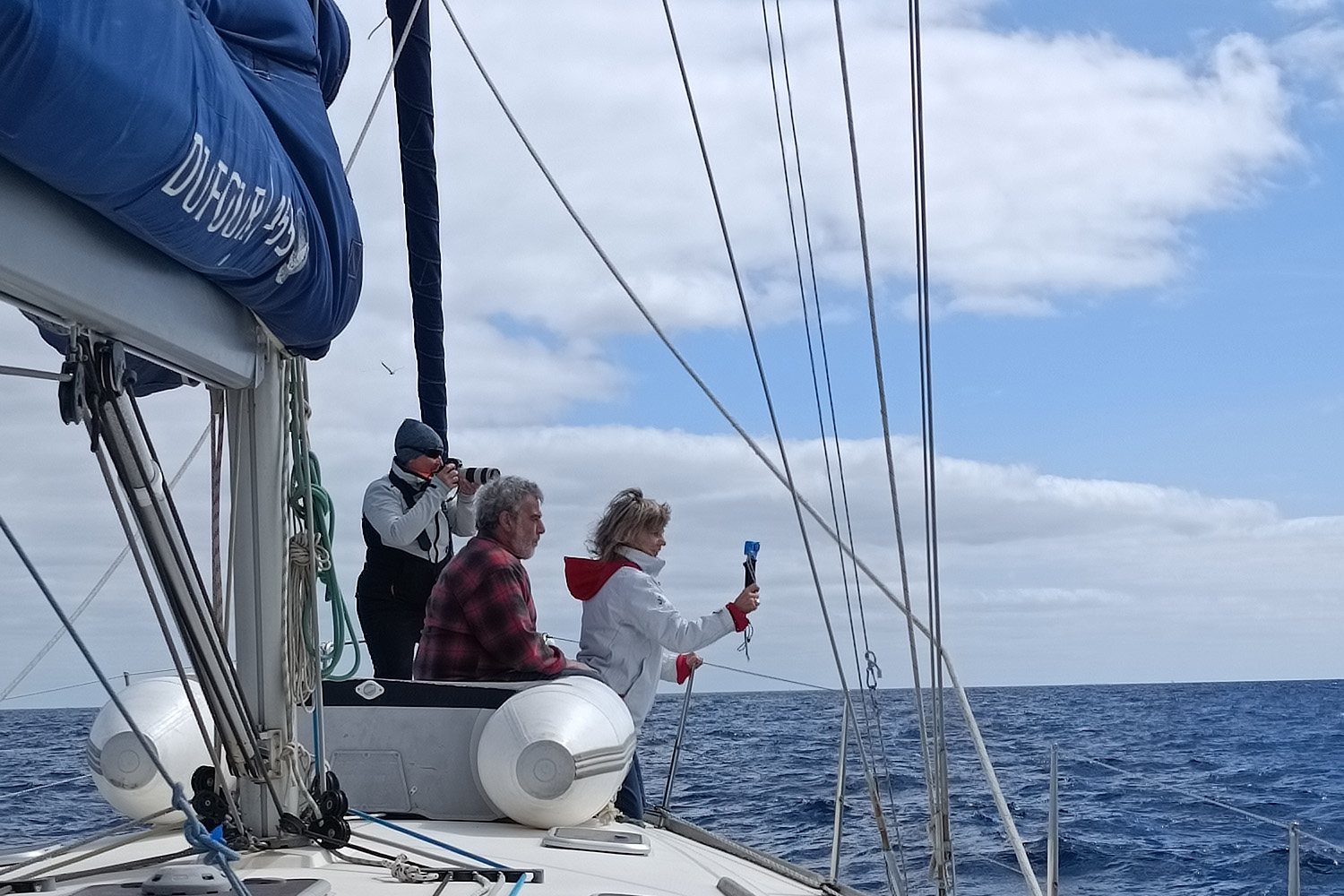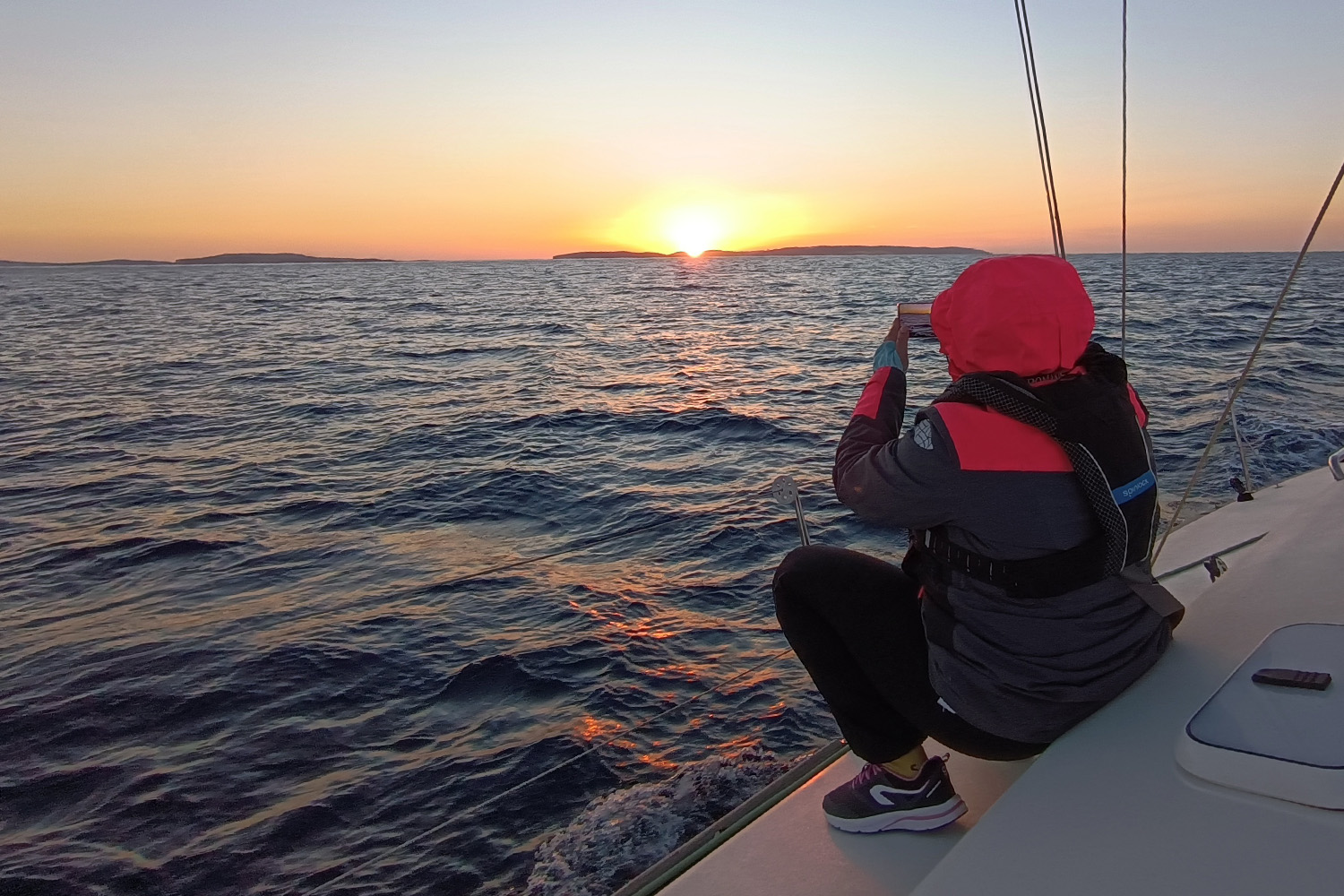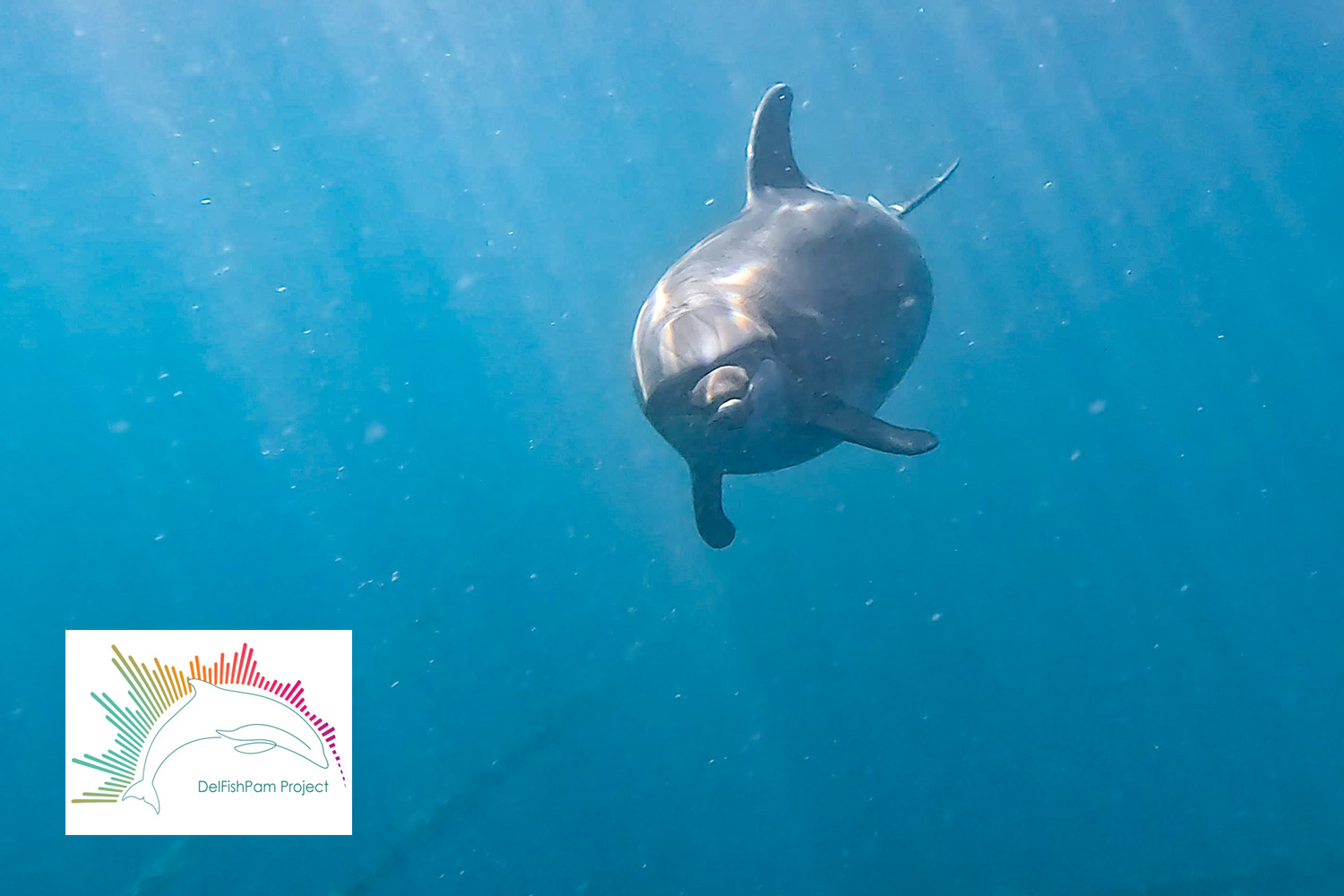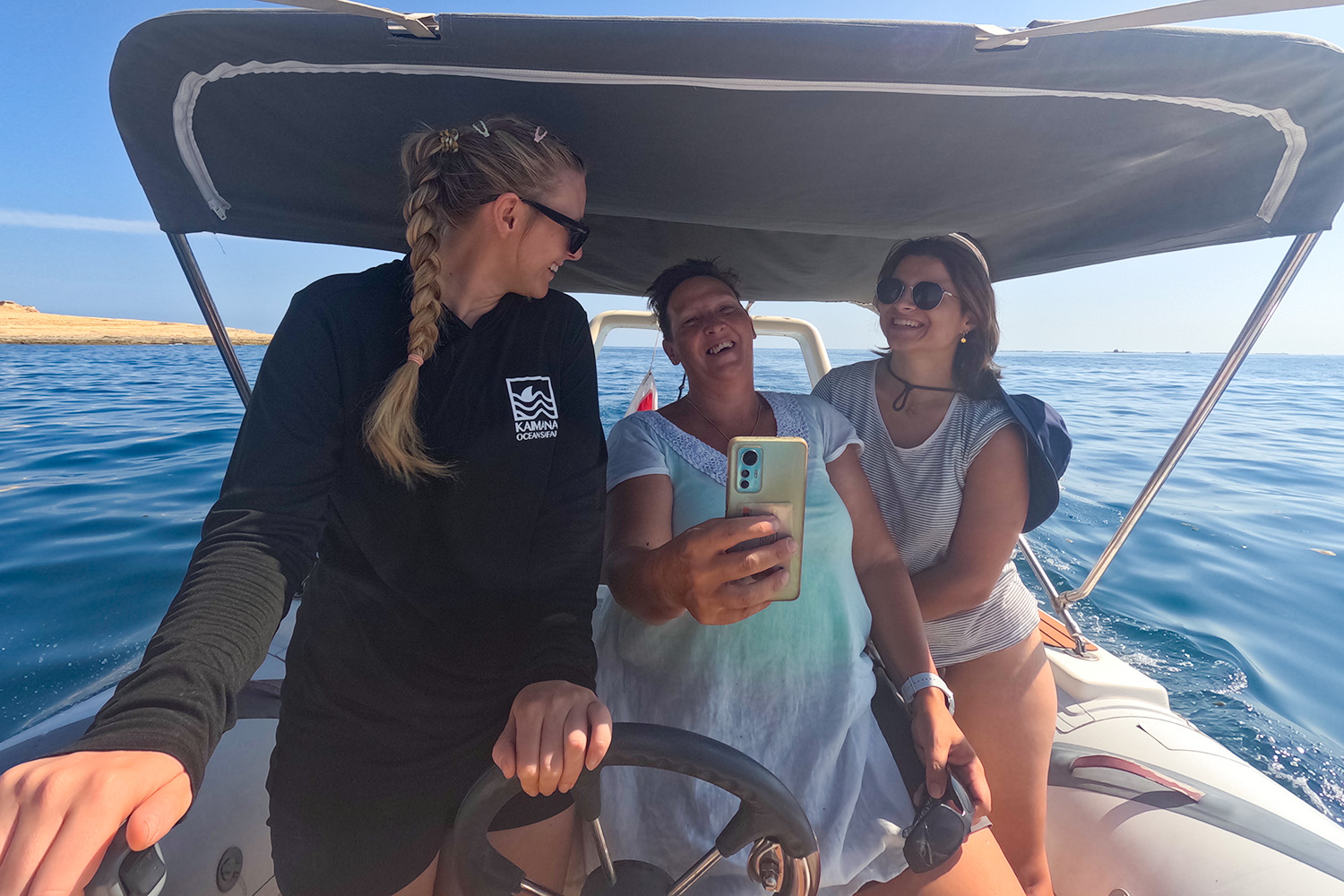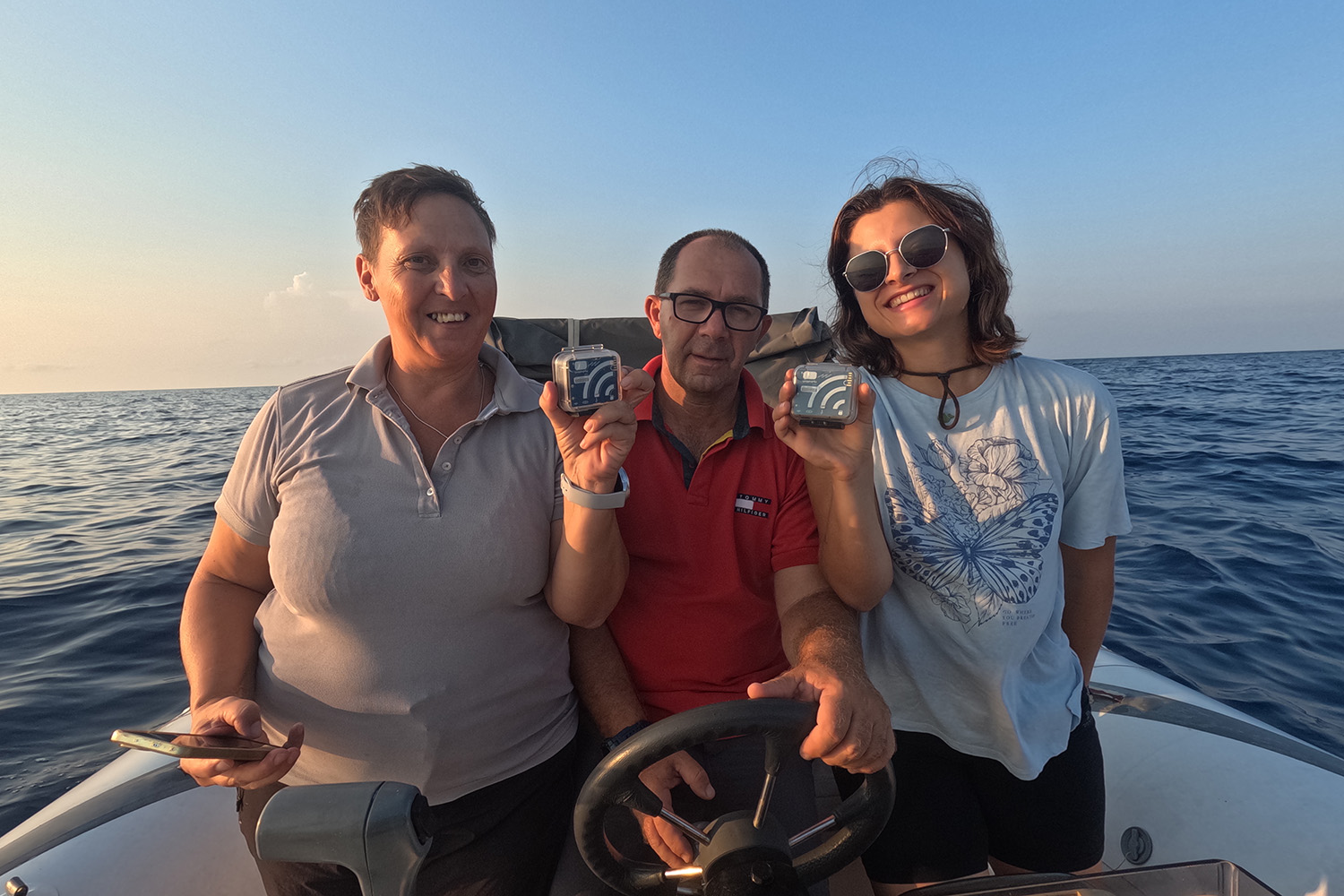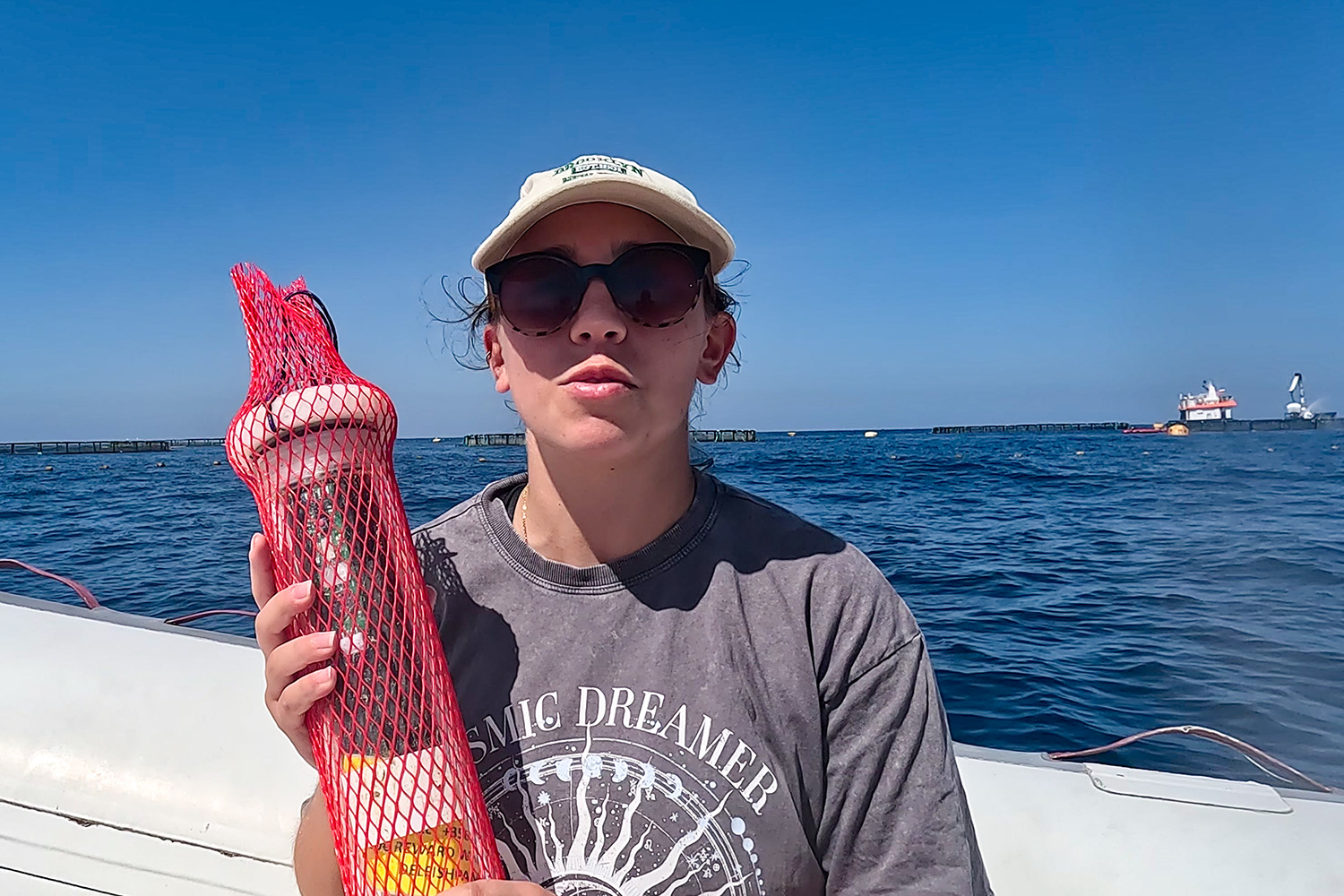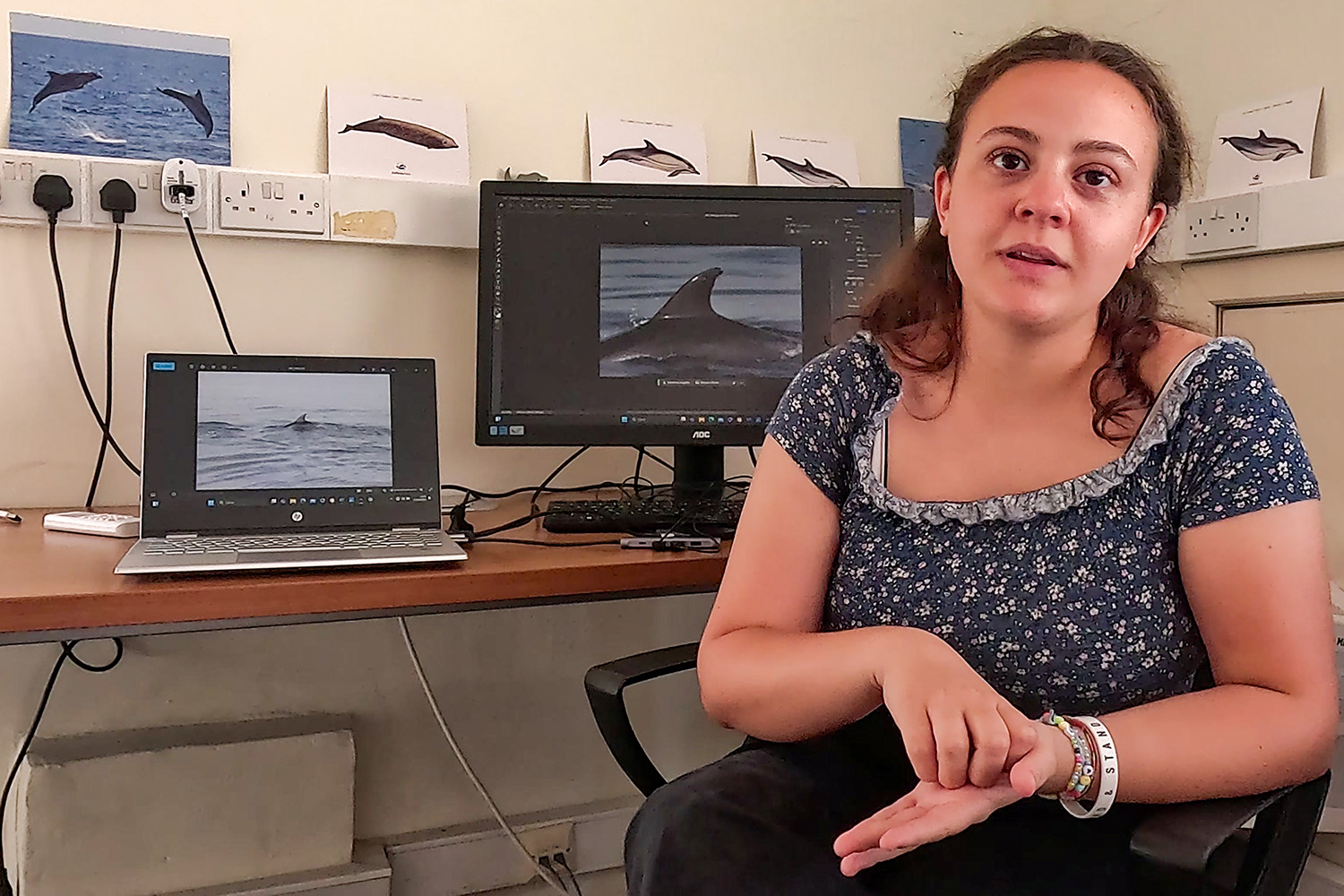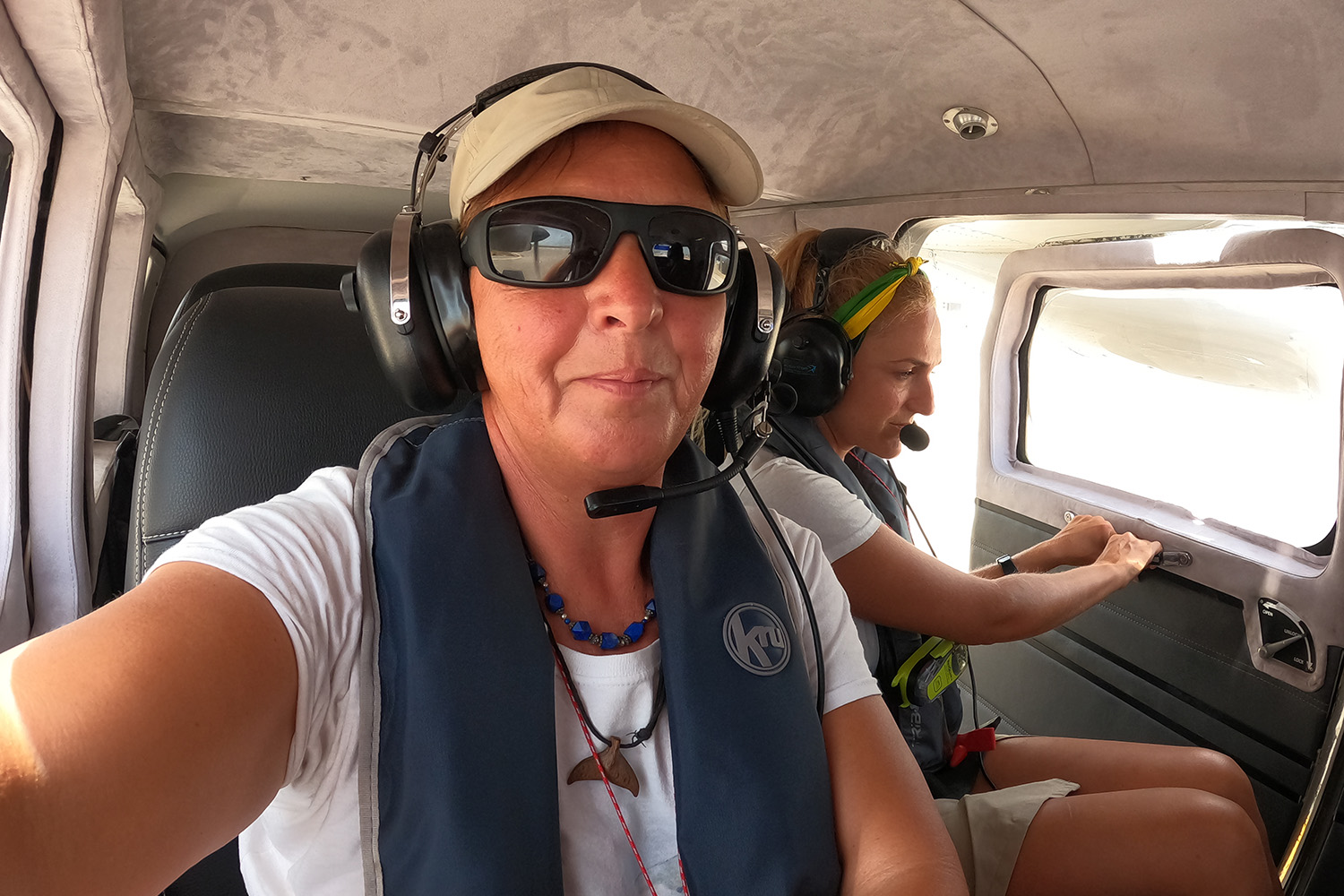Research
At EcoMarine Malta, we are committed to understanding and protecting marine life, through rigorous research and innovative projects. Led by Patrizia Patti, a dedicated marine biologist and skilled project manager, our research efforts focus on long-term monitoring of cetaceans and sustainable marine practices. We combine cutting-edge technology with a passion for conservation to generate insights that benefit both marine ecosystems and society.
Thanks to our activities, we are raising awareness about bottlenose dolphins (Tursiops truncatus) in Malta, contributing vital information not only to international research communities but also to Maltese policymakers, supporting the creation of more effective and informed conservation strategies.
Our Key Research Initiatives
Photo-Identification of Bottlenose Dolphins
We use photo-identification to track individual bottlenose dolphins in Maltese waters, creating a detailed catalog that helps us understand their behavior, movement patterns, and population health. This technique is a cornerstone of our long-term monitoring strategy, allowing us to detect changes over time and identify potential threats.
As part of this work, EcoMarine Malta proudly supports researcher Michela Aquilina in a new study combining photo-identification with acoustic analysis. The DOLPHIN-CLIMASENT, Dolphins as Climate Change Sentinels, funded through the MCAST Research Fellowship Scheme. Together, we are working to gain deeper insight into dolphin populations and provide valuable knowledge to guide policymakers in developing stronger, science-based conservation measures.
Empowering emerging scientists and fostering innovation reflects the very essence of EcoMarine Malta’s mission — connecting people with the sea, nurturing knowledge, and promoting a sustainable and respectful relationship with the marine world
Project Highlights:
- Ongoing monitoring to support conservation efforts.
- Collaboration with international researchers and institutions.
- Providing crucial data to Maltese policymakers for improved conservation plans.
DELFISHPAM project: passive acoustics to assess dolphins’ interaction with fishing and aquaculture activities in the Maltese Islands
The DelfishPAM Project is at the forefront of understanding dolphin interactions with fish farms and Fish Aggregating Devices (FADs). Using bottom recorders and Hydromoths, we capture underwater soundscapes to study dolphin behavior and assess the impact of human activities. This project, initiated in 2023, provides crucial data for sustainable marine management.
Technologies We Use:
- Sound traps and Hydromoths for passive acoustic data collection.
- Advanced data analysis to identify patterns and potential risks.
- Informing policymakers and stakeholders to improve marine conservation measures.
ECHO-AI: Enhancing Cetacean Habitat Observation through Artificial Intelligence
The ECHO-AI Project brings innovation to marine bioacoustics by applying artificial intelligence to the study of dolphin vocalisations recorded in Maltese coastal waters. Building on datasets collected during the DELFISHPAM project, ECHO-AI aims to train AI models to automatically recognise and classify dolphin sounds, thereby improving the speed and accuracy of acoustic analysis.
This collaboration between EcoMarine Malta Ltd., the University of Malta’s AI Department, and the University of Tor Vergata combines marine biology expertise with cutting-edge data science to deepen our understanding of dolphin communication and presence patterns near aquaculture sites and fishing areas.
Technologies We Use:
- Acoustic datasets collected via Hydromoths and bottom recorders.
- AI-driven algorithms for sound detection, classification, and pattern recognition.
- Raven Pro and advanced analytical tools for sound annotation and training validation.
By automating the interpretation of underwater recordings, ECHO-AI contributes to a new era of intelligent marine monitoring, supporting evidence-based management decisions and reinforcing Malta’s commitment to sustainable ocean stewardship.
Research Presentations and Contributions
Our research has been recognised presenting findings at the European Cetacean Society (ECS) Conferences and the World Marine Mammal Conference in three different years. These posters have highlighted our work on dolphin monitoring, acoustic research, and sustainable tourism impacts.
Conference Posters:
- Year 1: Can sustainable whale watching update on occurance of protected species? The common bottlenose dolphin (Tursiops truncatus) case in Maltese waters.
- Year 2: Preliminary Results from vessel-based and aerial surveys on cetaceans for the establishment of a Long-term Monitoring Strategy in Malta
- Year 3: DELFISHPAM project: passive acoustics to assess dolphins’ interaction with fishing and aquaculture activities in the Maltese Islands
- Year 4: The DELFISHPAM Project: first acoustic characterization of bottlenose dolphins’ interactions with aquaculture and FADs in Maltese Waters
These presentations showcase our dedication to sharing knowledge and contributing to the broader scientific community.
Why Our Research Matters
Our work bridges the gap between scientific research, public awareness, and policy development. By combining research with sustainable tourism, we offer experiences that educate and inspire, fostering a deep respect for marine life. Our findings not only contribute to international research but also provide Maltese policymakers with the data needed to develop more effective and informed marine conservation plans.
Maltese waters are located in the Sicily channel above the Tunisian plateau, an area that represents an ecological and socioeconomic region of unique importance in the Mediterranean Sea. These waters harbour essential habitats for the survival of endangered species (i.e. long-beaked common dolphin).
Despite the presence of critical habitats, very little scientific knowledge is available about cetacean habitat use both spatially and temporally. To this end, whale/dolphin-watching activities can provide essential data to comprehend better species presence and distribution, also temporally.
Eco Marine Malta is performing the first Marine Life Watching activity with the main aims being to conduct sustainable tourism as tool for the conservation of the marine ecosystem.
